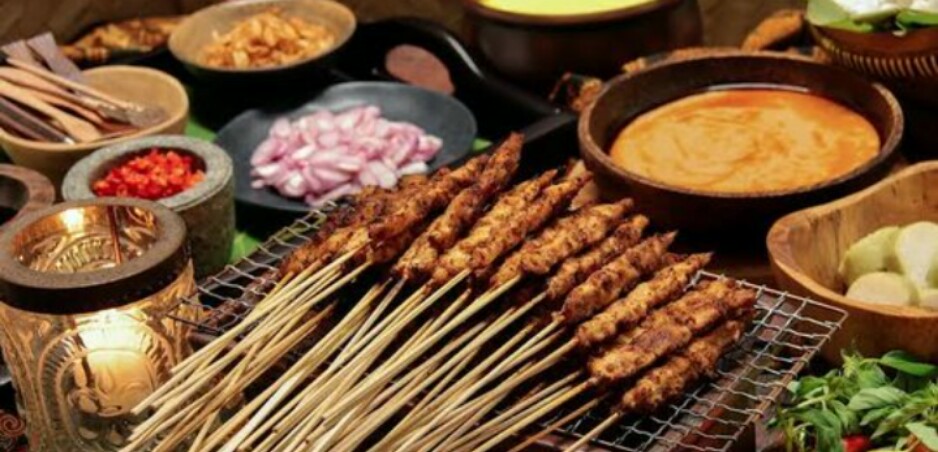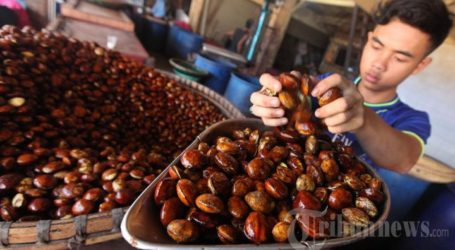Indonesian Culinary Specialties Needs Halal Certification

Jakarta, MINA – Halal certification for Indonesian culinary specialties needs to be intensified in order to strengthen Indonesia’s position as a center for world halal producers.
The Minister of Tourism and Creative Economy of the Republic of Indonesia, Sandiaga Uno, said that the demand for halal certification for Indonesian cuisine is getting higher.
“I just came back from Sulawesi, even though the majority of them are non-Muslims, but the culinary dishes there are already halal-certified,” he said at the Halal Food Lifestyle Forum which was held by KNEKS in a hybrid manner on Thursday.
According to him, this is due to high market demand for halal culinary provisions and is driven by tourism. Sandiaga said that superior culinary delights from every region of Indonesia should have a halal certificate.
Therefore, culinary business actors need to simplify the certification process, from registration to obtaining halal provisions. He hopes that the national halal culinary certification can be facilitated in the future.
Sandiaga added, the demand for halal food is indeed high, not only among the domestic community, but also worldwide. A number of international brands are even increasingly prioritizing halal certification, such as Nestle to Ferrero Rocher.
The Ministry of Tourism and Creative Economy since 2014 has selected 30 Indonesian culinary icons. Then five culinary delights were chosen which became the main focus, namely soto, rendang, satay, gado-gado, and fried rice.
“This cuisine has become an icon of Indonesian culinary promotion throughout the world, we also highlight the diplomacy of spices and halalness,” he said.
Sandiaga said the Ministry of Tourism and Creative Economy had encouraged collaboration with around 4,000 Indonesian restaurants around the world to highlight Indonesian characteristics. Not only in terms of food, but also interior redesign to create a homely feel.
In addition, the Ministry of Tourism and Creative Economy encourages the development of Nusantara culinary in terms of quality development. Such as improving culinary product packaging, facilitating access to financing for capital strengthening, and others.
CEO of CrescentRating and HalalTrip Fazal Bahardeen added, Indonesian culinary specialties do dominate the national halal food lifestyle preferences. Most of the population thinks that Indonesian food is definitely halal.
“Indonesia has a very rich and diverse cuisine, and the majority are halal,” he said.
However, local food produced by the Muslim majority still needs halal certification. Currently, Indonesian people are also starting to like food from other countries, such as China, Japan, and Korea.
It also has the potential to be certified halal because its high popularity makes the demand for halal insurance increase. Other potential comes from market snacks and street vendors.
This segment is very crucial and important in the lifestyle and eating preferences of Indonesians. So that halal certification will be very necessary to protect consumers. (T/RE1)
Mi’raj News Agency (MINA)






